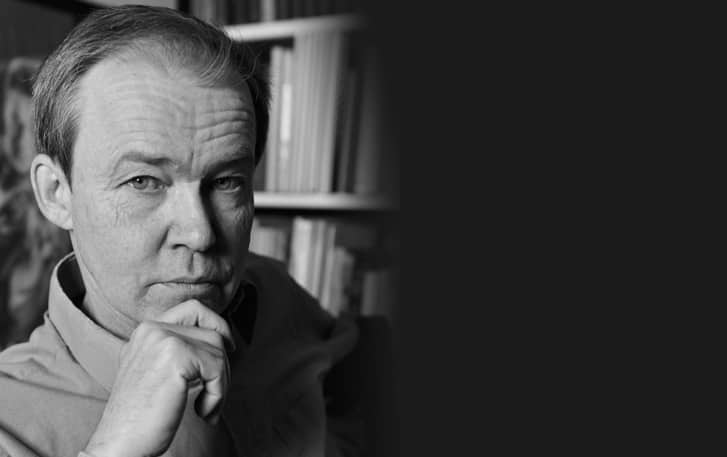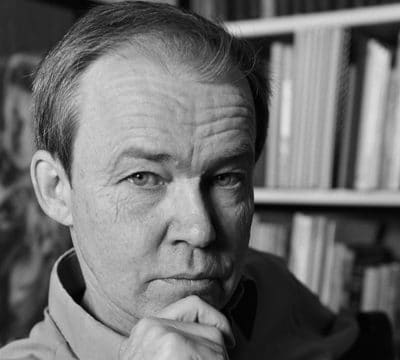PHILIP SAWYERS WORLD PREMIERE
by Christopher Morley
(for classical column 8.3.18 — images from English Symphony Orchestra)

Philip Sawyers- The ESO’s John McCabe Composer-in-Association
Philip Sawyers- The ESO’s John McCabe Composer-in-Association
Fresh from the triumphant world premiere of his Violin Concerto (reviews here and here), given towards the end of last month by the English Symphony Orchestra and soloist Alexander Sitkovetsky, Kenneth Woods conducting, Philip Sawyers is looking forward to another world premiere on Wednesday the 14th of March
This is The Valley of Vision, a tone-poem inspired by the paintings of Samuel Palmer. The visual arts are a major stimulus in Philip’s work (an earlier piece was inspired by a painting by Kandinsky), and he tells more about their influence on his creative process.
“For many years I have worked in the realm of the purely abstract, the music being its own rationale. Living with an artist for the past 40 years has ‘opened my eyes’, albeit rather gradually, to the wonders of the visual in art.
“I don’t take a painting as a point of departure in a representational way, but the emotions the painting evokes in me become a sort of emotional map which then generates musical motifs, themes and forms. “The Valley of Vision” is the name Samuel Palmer gave to the beautiful area around Shoreham in Kent where he lived and worked for some years. It is a place where I have walked and cycled many times. His capturing of the mystical in the landscape really spoke to me and inspired the tone poem.”
The Valley of Vision is Philip’s final work as John McCabe composer-in–association with the ESO. What have been the effects on both sides of this three-year relationship?
“This has been a very rewarding time for me artistically as the requests for new pieces from such an enthusiastic conductor and superb orchestra has given me a focus and direction which can sometimes be lacking in the proverbial ‘ivory tower’,” he enthuses.
“Having known and worked with Ken Woods before, our musical relationship couldn’t be better. He is a truly remarkable musician whose encouragement and advice have been invaluable.
“As a player myself (Philip is himself a violinist who has played within many professional orchestras) I appreciate a composer working with an orchestra, that is to say writing idiomatically for the instruments and with content and style which resonate with the players.
“The series of works I have written during my tenure would not have happened otherwise. On a personal level I have formed many friendships with members of the ESO. Ken’s request for a symphony from me (my third) led to the formulation of the 21st century symphony project which will involve 9 composers over 9 years. I am pleased that I was able to provide a work which set this project off to a flying start with the recording being one of Gramophone Magazine’s CD choices of 2017.”
When I describe Philip’s music as “hearteningly communicative” he is quick to respond.
“It’s certainly heartening to be in a time when many styles are now ‘admissible’. As a student in the late 60s and early 70s I was told that ‘you can’t write like that’, only those who followed Stockhausen and Boulez seemed to get a look in.
“I couldn’t write what I couldn’t hear, so I stayed in the realms of the tonal, or vaguely tonal, so was distinctly out of fashion. Anyone who enjoys Bartók or Hindemith will find my music approachable.
“Describing a style is very difficult, it has certainly been an unconscious synthesis of everything I’ve ever heard or played. As an admirer of Hindemith, Strauss, Mahler, Elgar, Schoenberg, Berg – where to stop?! – my style is tonal in the sense that the music is based on tonal centres rather than traditional diatonic keys, and I write melodic lines with a clear rhythm and direction and emotional heft.
“I once read a review that said ‘he is obviously no modernist’ as if this was an indictment, but I believe content is just as important as style. I have been very cheered by many people saying ‘it sounds like you’. To have your own voice and be truly authentic and communicate with your musicians and your audience is what I strive for. One of Hindemith’s comments has stayed with me; ‘tonality is like gravity, you ignore it at your peril’.
We conclude by discussing Philip’s balance between composing and orchestral playing.
“It’s interesting in that I often come across musicians whom I have taught or sat with as a desk partner and in various other contexts. Always nice to meet old friends and colleagues!
“Having been a member of the Orchestra of the Royal Opera House for 25 years, my subsequent freelance playing is now much less and I’m enjoying the freedom and relative relaxation that being an OAP brings! So, there are no problems with balancing teaching , playing and composing these days. As long as I get my morning cycle ride along the Thames river path near Greenwich where I live, I’m happy. I always carry my music sketch book with me so that if I’m lucky enough for inspiration to strike, or just a modest idea that might be worthy of future development, I write it down.”
So did Beethoven, but without the bike.
*Philip Sawyers’ The Valley of Vision is premiered by the English Symphony Orchestra under Kenneth Woods at Great Malvern Priory on March 14 (7.30pm).
The programme also includes Haydn’s Mass in Time of War and Beethoven’s Eroica Symphony. Details on 01684 892277.

